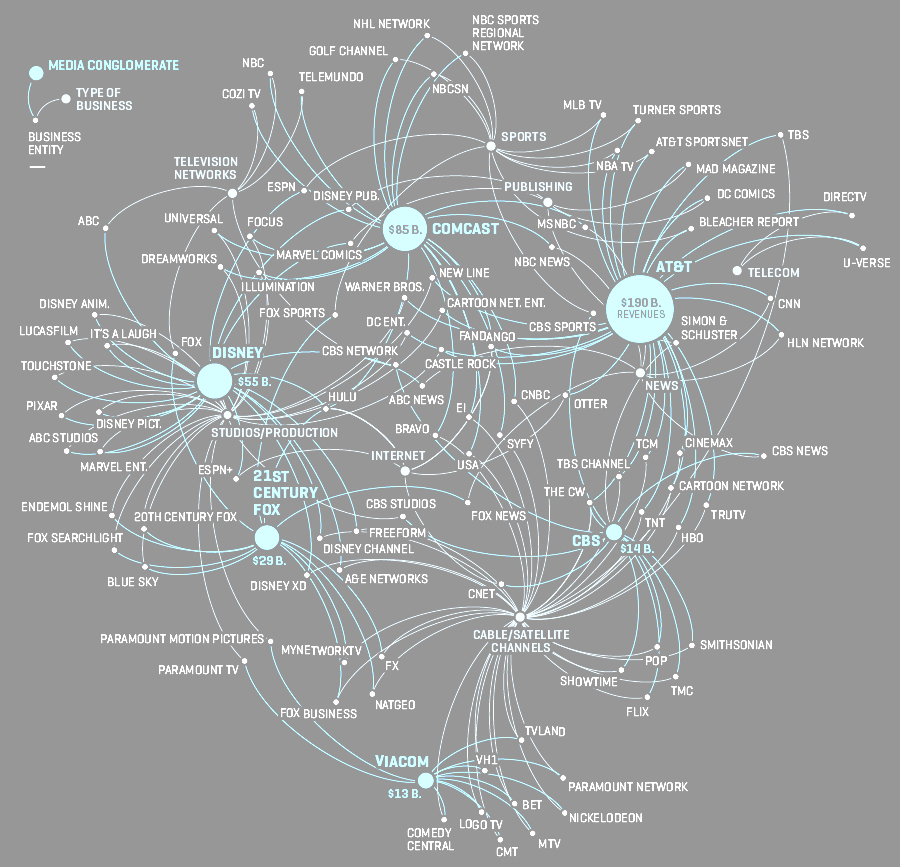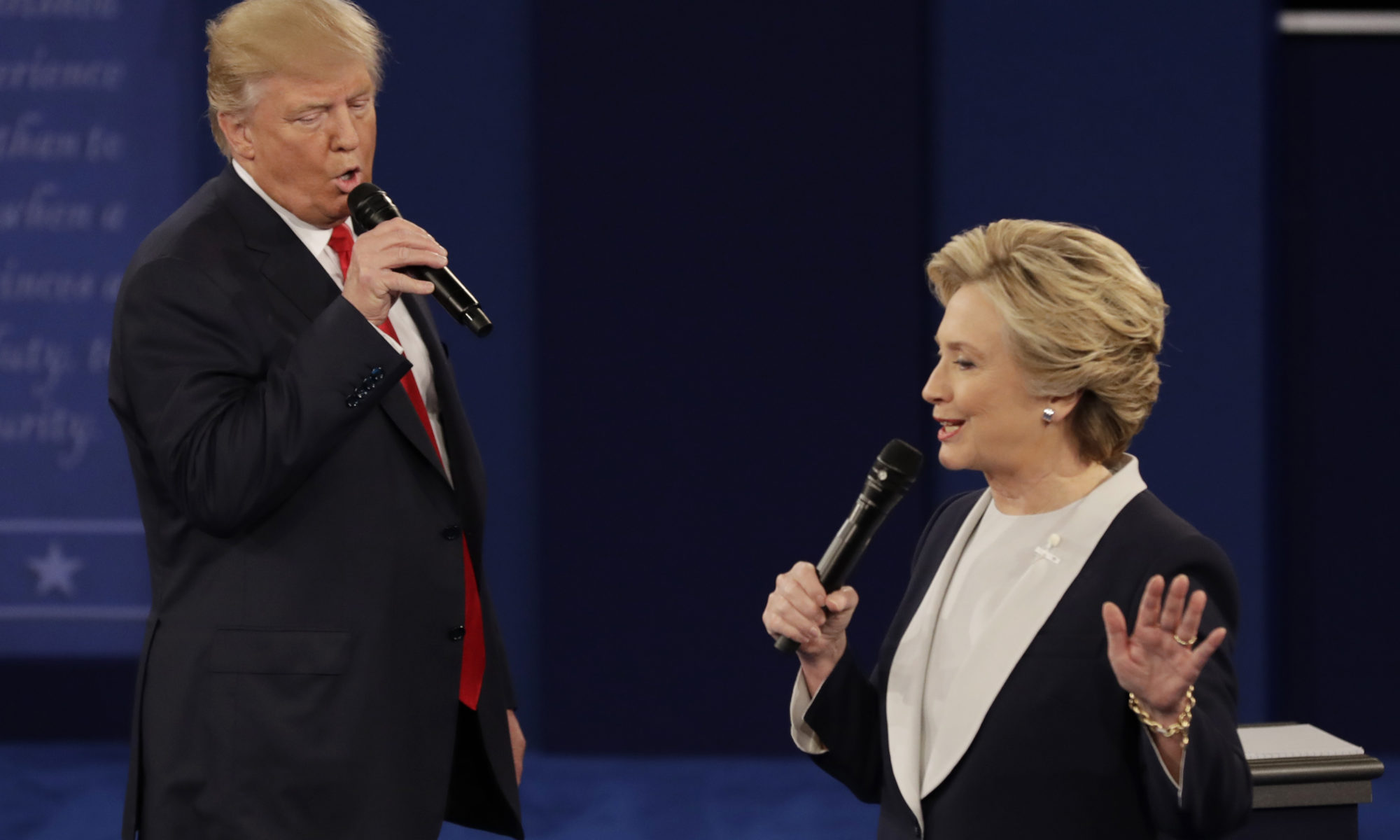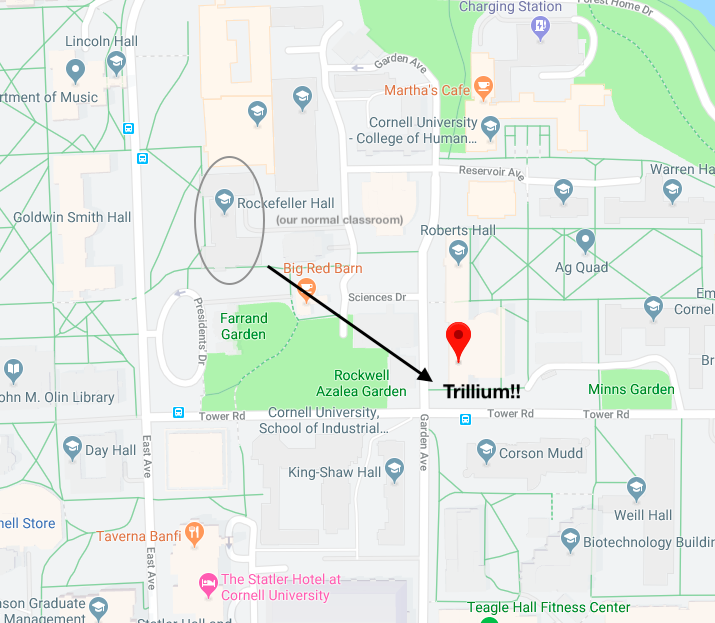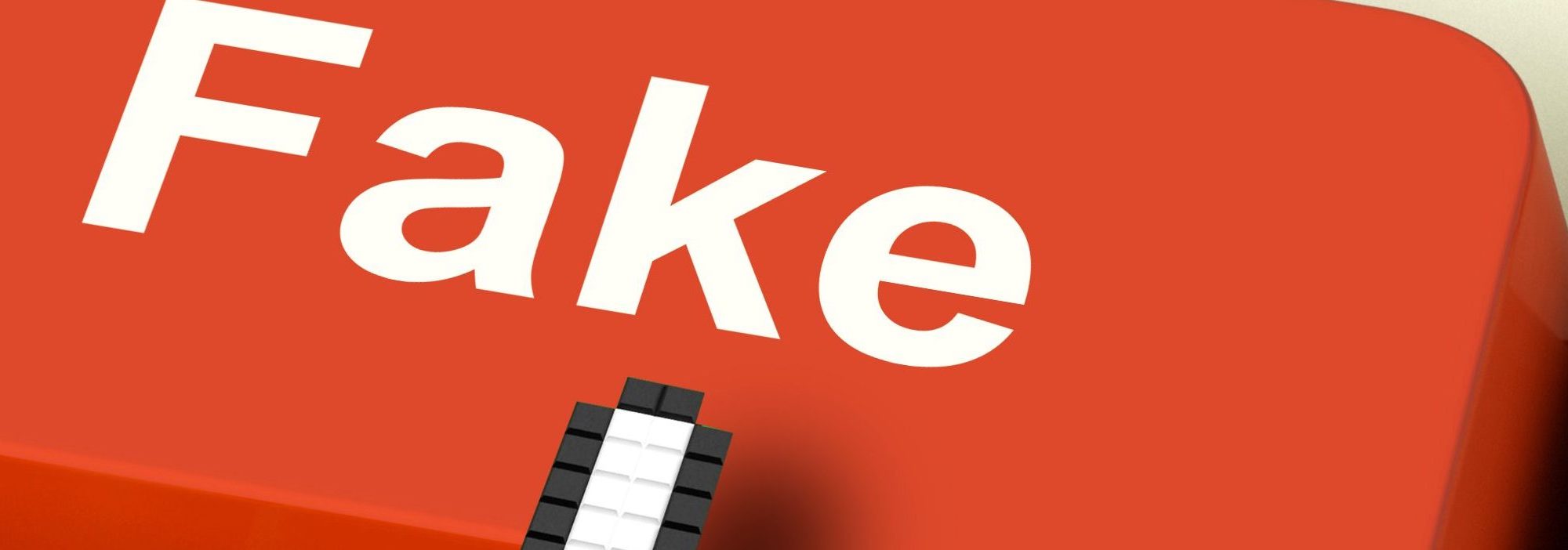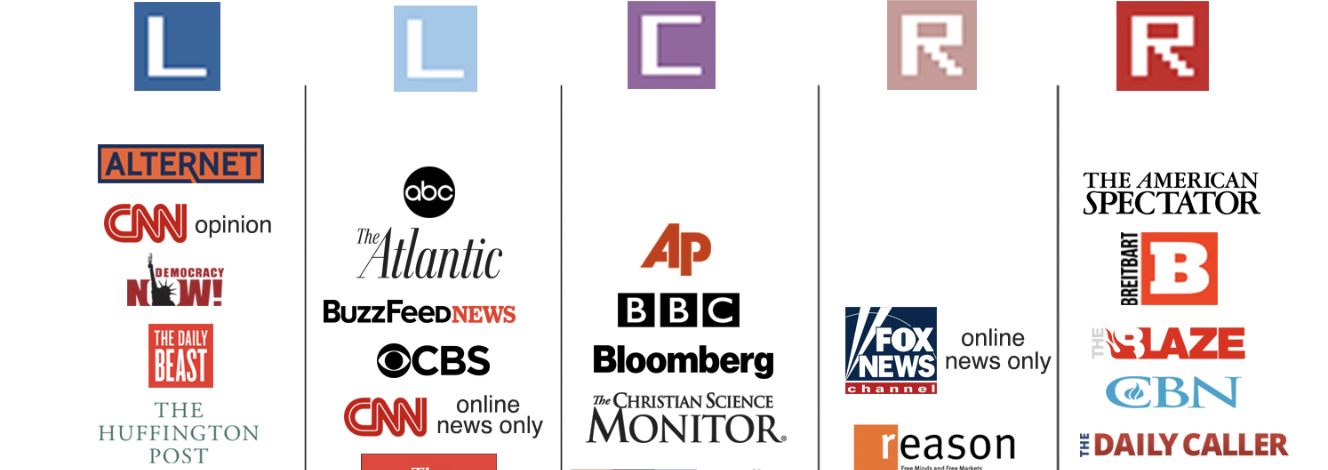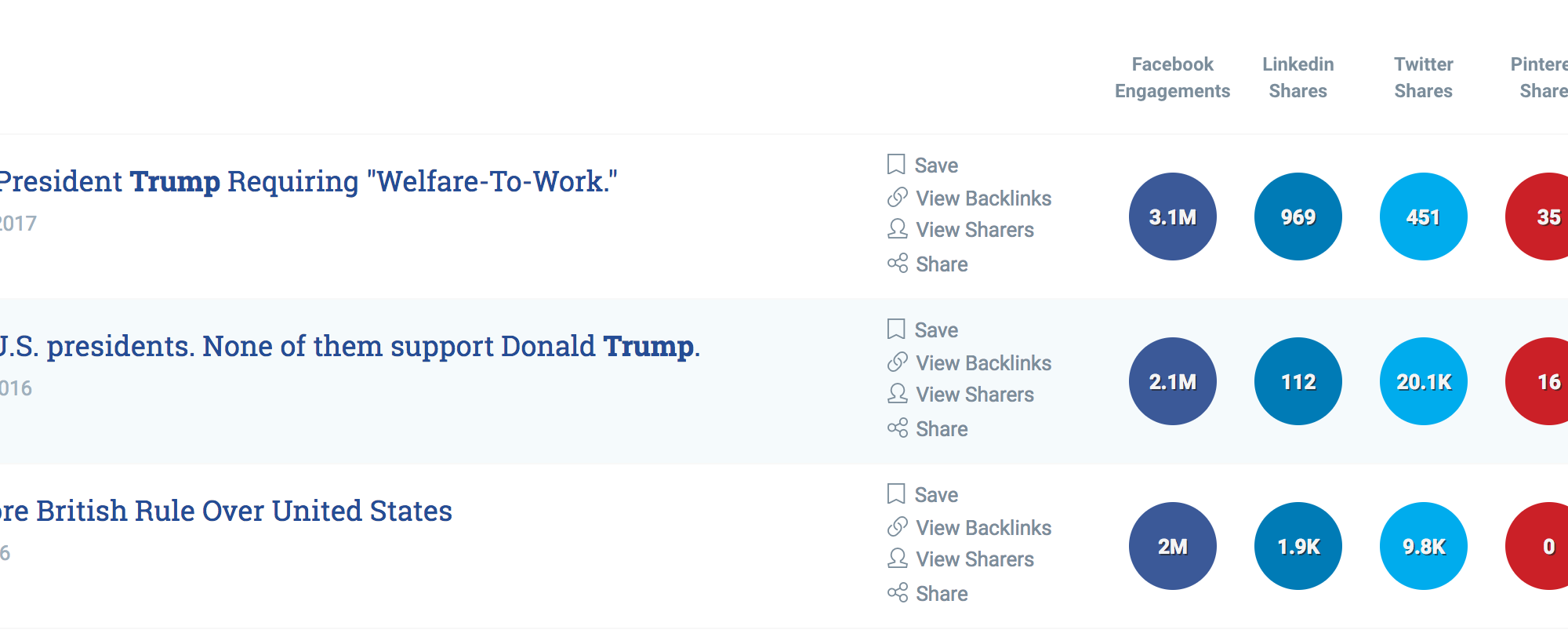Front matter
- Tomorrow we are meeting individually to talk about your revisions for Fact-checks #1-4 and my assessment of them: conference schedule.
- Next week we are talking about the economics of post-truth; you should listen to a podcast and complete a holistic annotation for it (which we’ll talk about in class today)
